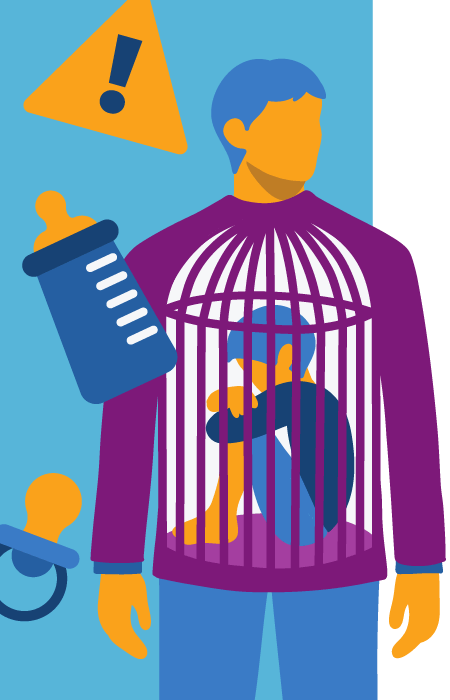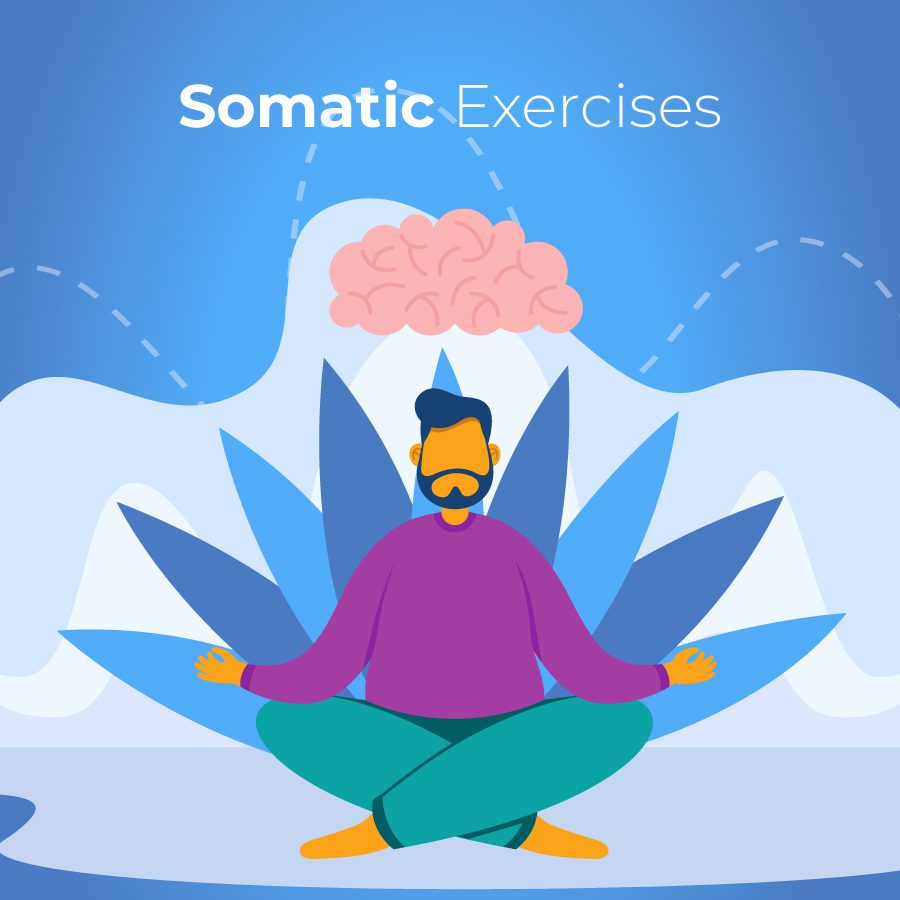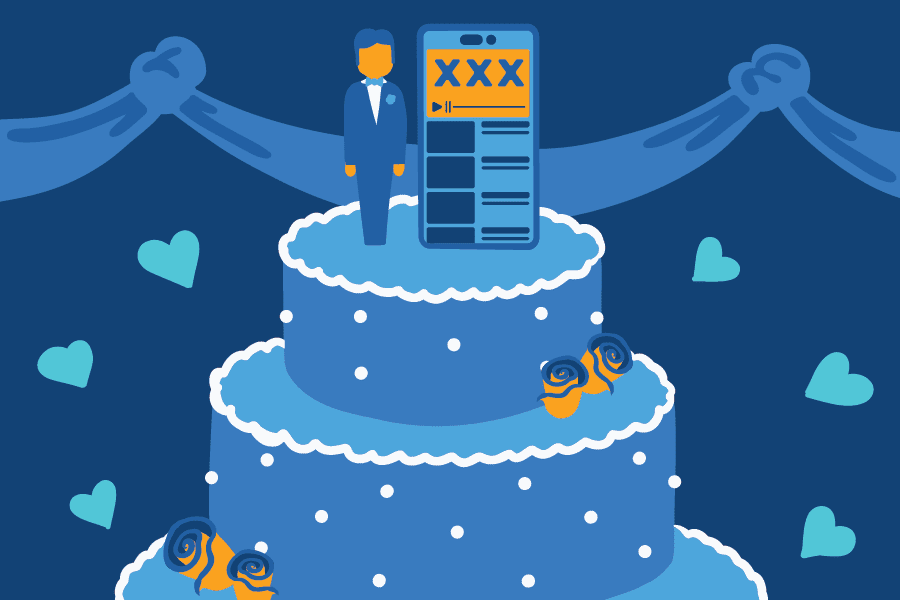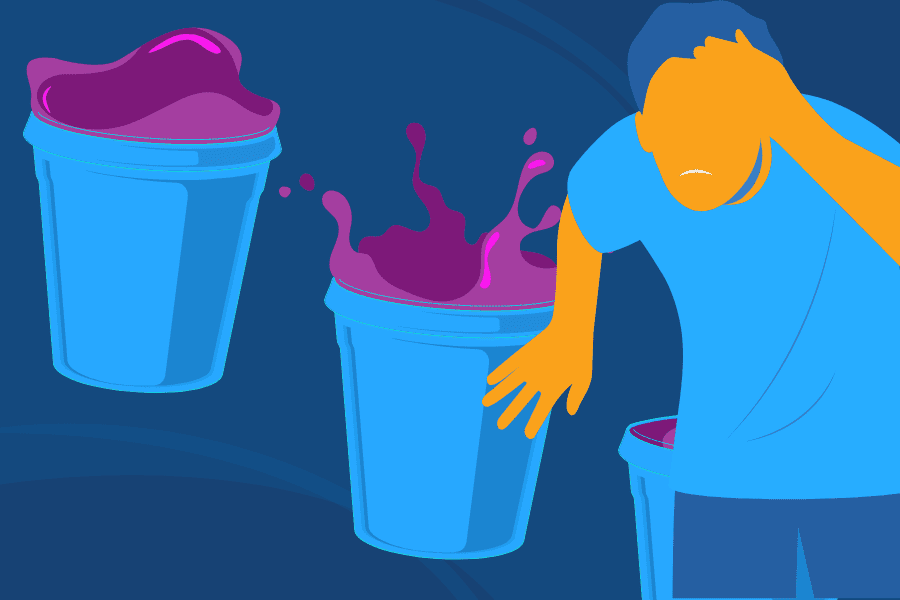What is Emotional Incest
What Is Emotional Incest?
Emotional incest involves a dysfunctional family dynamic where a parent depends on their child to provide them with emotional support.
This reliance goes beyond what is appropriate and healthy for a parent-child relationship.
Emotional incest is different than physical incest because it doesn’t involve the aspect of physical abuse or sexual abuse.
However, it is a kind of emotional dependency that can take a toll on the mental health and well-being of the child.
It is still considered a form of child abuse by many healthcare professionals, even though there is no physical harm being caused.
Did you know that the relationship you have with your family growing up can affect your mental health and confidence for years to come?
This is why family dysfunction and failure to create healthy boundaries can cause such serious problems. It can lead to mental health issues and can impact the self-esteem of the child.
The good news is that if you did grow up in an environment where there were unhealthy boundaries or emotional dependence present, it is possible to heal and recover from it.
This can be done through working with a mental health professional.
If you or someone close to you is struggling with the lasting effects of emotional incest or family dysfunction, our team at Sandstone Care can help.
What Are Other Terms for Emotional Incest?
Some other terms for emotional incest include spousification, enmeshment, and parentification.
What Is Covert Emotional Incest?
Covert emotional incest is when a parent consciously or unconsciously becomes overly emotionally reliant on a child for needs that a spouse or romantic partner should match.
Unlike with physical incest, it does not involve a sexual relationship.
However, this kind of relationship can blur the boundaries between what is appropriate and what is not for a child’s role in a family relationship.
The word “covert” is used to describe this type of relationship because the parent may not be overly obvious in the inappropriate roles they may be trying to impose on their child.
They may not even be intentionally trying to be abusive or inappropriate in their behavior, especially if they were not raised with appropriate boundaries in their own lives.
However, their words and actions can still cause serious harm to the child.
Is Emotional Incest Legal?
Emotional incest is not illegal because it doesn’t involve sexual or physical abuse. However, that doesn’t mean it is healthy or appropriate.
Emotional incest normally does not involve criminal intent or any sort of physical harm. It can, however, be considered unethical.
There may be some special situations when emotional incest crosses into emotional abuse.
This can be something that may be brought up in divorce or custody cases. It could also be something brought up in family court.
Often, emotional incest is accompanied with other illegal behaviors such as neglecting other children in favor of the parent’s needs.
Emotional Incest Causes
What Causes Emotional Incest?
An emotionally incestuous relationship could involve unresolved issues from the parent’s childhood, a lack of support from a partner or other adults, and other factors.
In many cases, this issue starts because the parent has their own needs that are not being fulfilled.
For example, they might not have a healthy support system of adults to depend on, or find that their romantic relationships are unfulfilling.
They may struggle with issues of loneliness, lack of validation, low self-esteem, or not enough emotional connection.
In other cases, the person responsible for the emotional incest may be trying to navigate single parenthood.
Due to not having another adult to confide in or connect with, they may look to fill that emotional role within one of their children.
They may act like their child is their best friend instead of taking steps to find adult family members or friends to support them.
There are also situations when someone may mirror behavior that was modeled for them when they were young.
For example, maybe their own parent treated them like a best friend or blurred the lines when it comes to what an appropriate parent-child relationship should be.
Growing up, this could have been what they considered to be normal.
They could have unresolved trauma because of this that affects how they treat their own children.
Is Emotional Incest a Syndrome?
Emotional incest is not technically a syndrome or something that the doctor can diagnose you with. However, it can be associated with conditions like narcissistic personality disorders.
Emotional incest is an unhealthy family dynamic that can lead to a lot of mental and emotional problems for the child who is being affected by it.
Working with a therapist or mental health professional can help to identify the root cause of why they may be acting this way.
A mental health professional may also be able to help diagnose certain mental health conditions that could be playing a role in the parent’s behavior.
While emotional incest is not a medical or psychological syndrome, there is a book entitled “The Emotional Incest Syndrome: What To Do When a Parent’s Love Rules Your Life.”
The book, written by Dr. Patricia Love, explores the psychiatry behind covert emotional incest and the effects that it can have on the children involved.
Do Divorced Parents Cause Emotional Incest?
Not all divorced parents cause emotional incest or have unhealthy or inappropriate roles within their child’s life.
However, there are situations when divorce may lead to an unhealthy family dynamic.
Certain aspects of being a divorced parent may cause someone to unintentionally depend on their child for emotional support in a way that is inappropriate.
For example, they may seek to have a friendship with their child in a way that they had with their former spouse.
Even beyond friendship, there could be other emotional needs that the parent looks to their child to fill.
This could include seeking validation from them or looking for them to help build up their self-esteem, which may have been affected by the divorce.
They may also discuss things with their children that most would consider to be inappropriate. For example, the parent may vent to their child about the divorce or even badmouth their former spouse.
This is unhealthy because it can cause the child to feel like they have to pick sides or choose one parent over the other. It can also cause the child to look at one or both of their parents differently.
This can lead to intense pressure, stress, and other mental health issues for the child.
Who Is Most Likely to Experience Emotional Incest?
The oldest child, children in single-parent households, children of divorced parents, or children with parents in unhealthy marriages.
Children who don’t have any siblings are also more likely to experience emotional incest. This could be because the parents view them more as a best friend than as a child.
It’s this sort of relationship that can cause an unhealthy family dynamic and blur the lines between what is appropriate and not appropriate.
In most cases, it’s parents who don’t have a healthy relationship with another adult that may take part in emotionally incestuous behavior.
This doesn’t necessarily have to be a romantic relationship that they’re lacking. It could just be that they don’t have another adult to confide in or get emotional support from.
Signs of Emotional Incest
Am I a Victim of Emotional Incest?
If your parent often blurs the lines of what should be considered a healthy and appropriate parent-child relationship, it’s possible that you are the victim of emotional incest.
To figure this out, it’s important to do some reflection on the relationship that you have with your parent or caregiver.
Just being close to a parent or having a special relationship with them does not always mean that there is emotional abuse involved.
It’s also important to realize that not all single parents fall into the habit of having an emotionally dependent relationship with their children.
The following are some questions that you can ask yourself to help determine if you are possibly the victim of emotional incest.
- Feeling guilty for being independent or doing things without your parent
- Feeling as if you’re responsible for your parent’s emotional support
- Experiencing blurred lines within the relationship that you have with your parent
- Feeling as if your parent treats you as a “surrogate” partner
- Struggling with enforcing boundaries within your relationship with your parent
- Experiencing feelings of guilt, shame, or anxiety when it comes to the relationship you have with your parent, even as an adult
- Feeling resentment towards your parent for unhealthy pressures they may have put on you when you were a child
- Feeling expected to take on the emotional support needs of your parent on a regular basis
What Does Emotional Incest Look Like?
Emotional incest can look different from person to person, but it often involves an inappropriate emotional relationship between a parent and child.
It typically involves a parent looking towards their child to fulfill their own emotional needs in a way that is usually done by a best friend or romantic partner.
This could include a parent expecting their child to build up their self-esteem. It could also involve talking about things that are inappropriate to discuss within a parent-child relationship.
For example, some signs of an inappropriate mother-son relationship could include:
- A mother becomes jealous when her son spends time with other people, especially a romantic partner
- A mother isolating her son from other people
- A mother using guilt to manipulate or control her son
- A mother who does not respect her son’s boundaries, even in adulthood
Effects of Emotional Incest
What Are the Effects of Emotional Incest?
Emotional incest can affect a child by causing them mental health issues, a skewed sense of self, and relationship problems.
Does Emotional Incest Cause Trauma?
Yes, emotional incest can cause trauma due to the unfair pressures placed on a child by their parent.
Are People Who Have Been in Emotional Incest Late Bloomers?
In some cases, those who have been victims of emotional incest may be late bloomers.
This could be because they grew up being forced into an unfair role within their family dynamic.
The reason this happens could be because they haven’t fully developed their own identity or figured out how they view themselves.
How Emotional Incest Impacts Adult Relationships Sexuality?
Emotional incest can impact adult relationships in a sexual way by distorting the way the person views intimacy, boundaries within a relationship, and their own self-worth.
Emotional Incest Examples
What Are Examples of Emotional Incest?
A key example of emotional incest includes a parent expecting their child to fulfill their emotional needs.
Another example could be a parent expecting their child to be their best friend and placing unfair pressures upon them.
What Is an Example of Enmeshment?
Enmeshment is when the boundaries within a family dynamic become blurred, causing an inappropriate relationship between a parent and child.
For example, in the case of mother and son emotional incest, this could include a mother isolating her son from other people.
She may discourage him from forming romantic connections because she wants to keep his attention and focus to herself.
What Is Spousification of Sons?
Spousification of sons is when a mother treats her son like her spouse and expects him to fulfill her emotional needs.
What Happens When Mother Acts Married to Son?
When a mother acts married to her son, it can cause mental health issues for him and problems in his relationships with others.

Is this blog hitting close to home?
We’re here to help.
Emotional Incest Codependency and Enmeshment
What Is Enmeshment?
Enmeshment is when lines become blurred between two family members, creating an unhealthy or inappropriate family dynamic.
Is Emotional Incest the Same Thing as Being Enmeshed?
Emotional incest and enmeshment are similar. However, emotional incest involves a parent depending on their child to meet their emotional needs.
Enmeshment, on the other hand, is a broader term. It can occur not just between a parent and their child but between different members of the family.
Enmeshment can involve family members becoming too involved in one another’s lives and unhealthy boundaries.
What Is the Difference Between Codependency and Emotional Incest?
Codependency can occur between any two people. Emotional incest occurs between a parent and a child.
How to Deal With Emotional Incest
How to Heal From Emotional Incest?
The best way to heal from emotional incest is to set healthy boundaries and seek treatment from a mental health professional.
How to Help a Child Heal From Emotional Incest?
You can help a child heal from emotional incest by supporting them, teaching them healthy boundaries, and giving them the option to speak with a therapist.
Can Therapy Help With Spousification?
Yes, therapy can help someone who was affected by spousification to identify how this issue impacted them and help them to heal.
Support groups and therapy can help victims of emotional incest to navigate reasserting their boundaries with their family members while finding a community of people who understand their unique experiences.


![Sandstone Emotional Incest V2 900×600[47]](https://www.sandstonecare.com/wp-content/uploads/2025/04/sandstone-Emotional-Incest_v2-900x60047-1.jpg)





